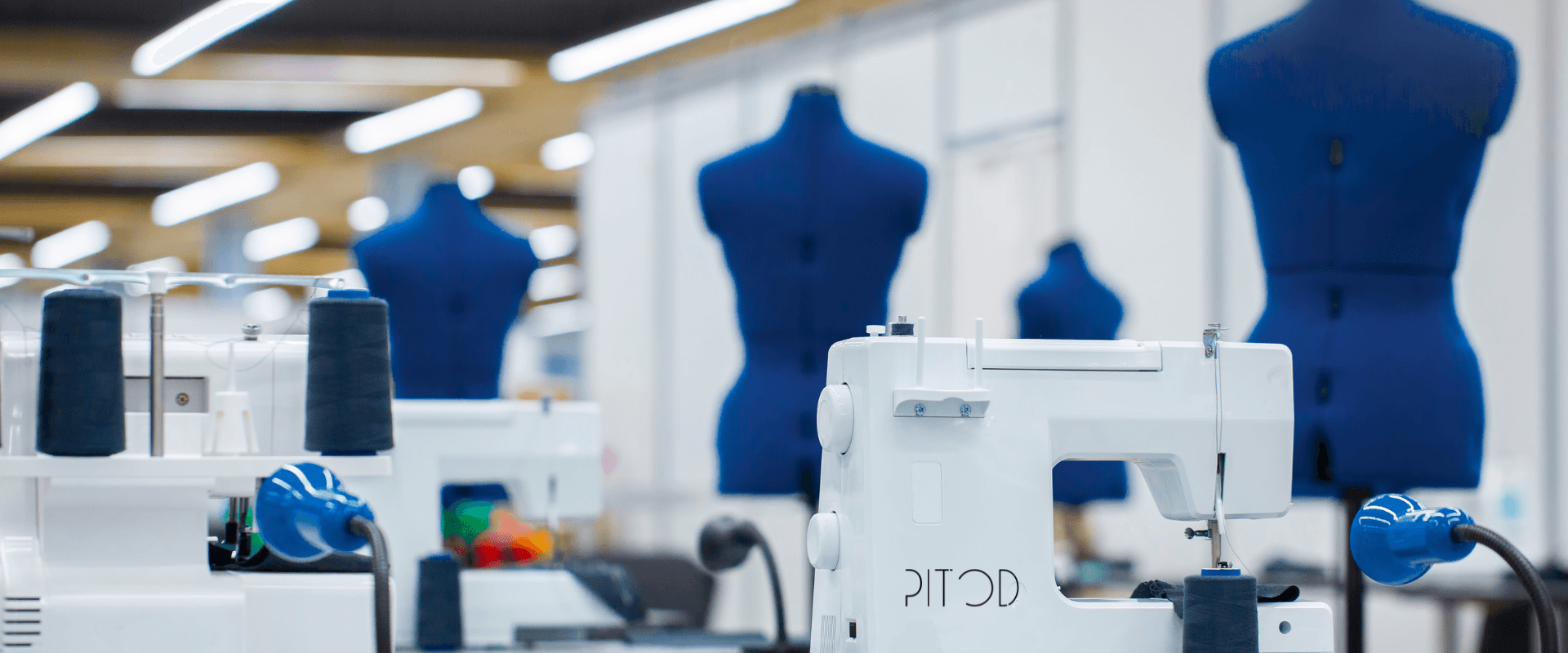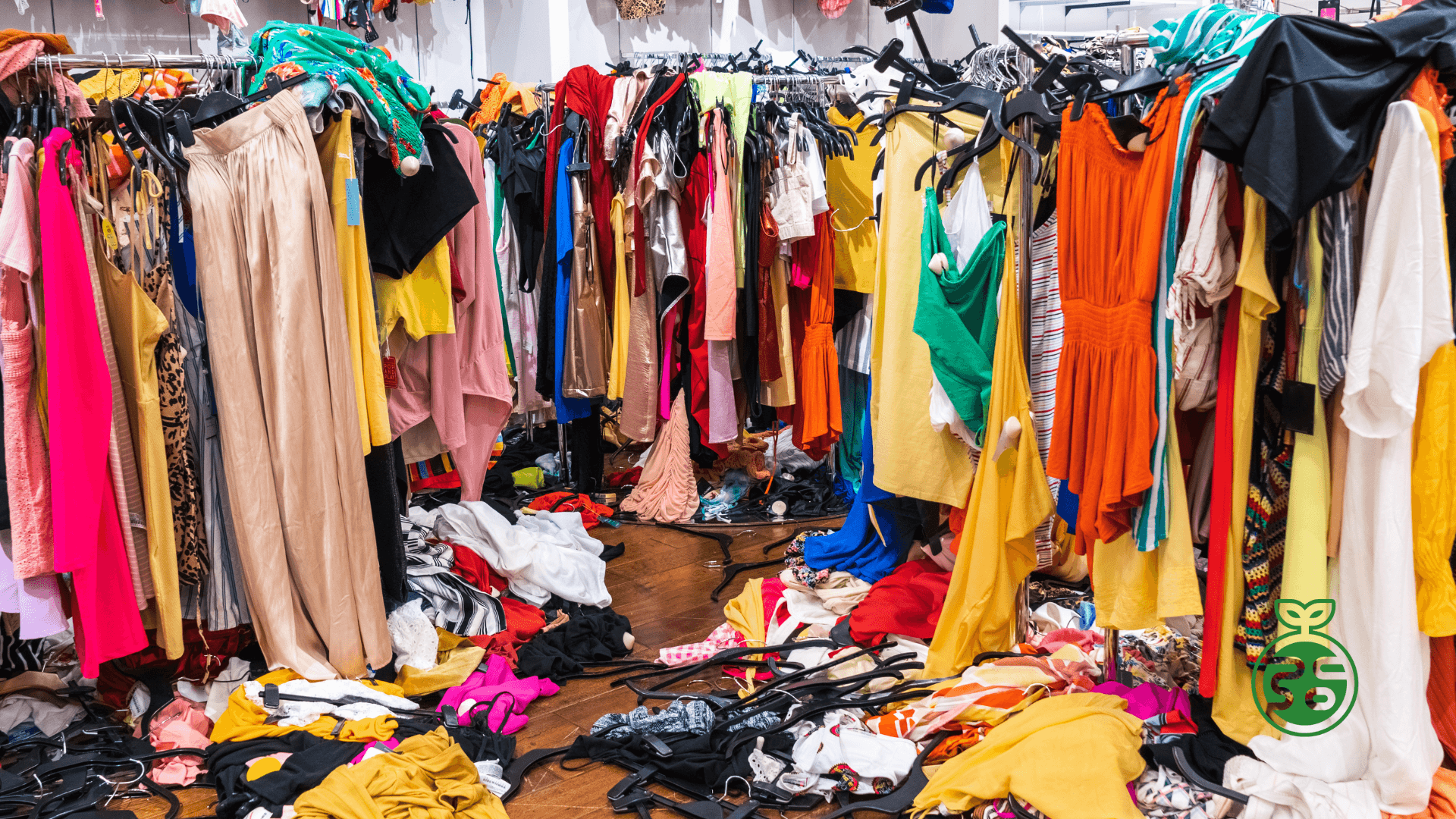
Sustainability and Inclusivity: How Pitod Weaves Them Together in Fashion
As the fashion industry grapples with a growing demand for sustainability, it’s essential to recognize that this shift towards eco-conscious practices must also embrace inclusivity. At Pitod, we understand that sustainability and inclusivity are not separate agendas—they are fundamentally intertwined. Creating a truly ethical and responsible fashion brand means addressing both environmental and social inequalities that have historically plagued the industry.
In this blog post, we explore the relationship between sustainability and inclusivity, and how Pitod is committed to challenging the status quo, creating a future where fashion serves not only the planet but also its diverse communities.
The Environmental and Social Crisis in Fashion
For decades, the global fashion industry has perpetuated harmful environmental practices, from overproduction to the use of toxic chemicals and non-biodegradable materials. At the same time, it has exploited marginalized communities through unfair labor practices, unsafe working conditions, and limited representation of diverse cultures and body types in media and design.
Fashion's contribution to environmental degradation is staggering—textile production alone is responsible for 10% of global carbon emissions and 20% of wastewater. Simultaneously, garment workers in low-income countries often work for minimal wages, in unsafe environments, and are predominantly women from underprivileged backgrounds. These systemic issues cannot be solved without addressing both environmental and social justice, which is why sustainability and inclusivity are two sides of the same coin.
Sustainability is More Than Environmentalism
When we think of sustainability, it’s easy to focus on the environmental aspects—using eco-friendly fabrics, reducing carbon footprints, or promoting a circular economy. However, sustainability is also about creating systems that are socially equitable and inclusive. Fashion brands cannot call themselves sustainable if they don’t consider the well-being of the people who make the clothes or the diversity of those who wear them.
For Pitod, sustainability encompasses more than using organic materials and eco-conscious production methods. It’s about reshaping the fashion system so that it’s inclusive of all identities, cultures, and communities. A holistic approach to sustainability demands that we create fashion that benefits not just the planet but also the people who inhabit it.
How Pitod is Intertwining Sustainability with Inclusivity
At Pitod, we are committed to sustainability and inclusivity being at the heart of our mission. This includes everything from the way we source materials to the way we represent our customers and employees.
1. Ethical Sourcing and Fair Labor Practices
To us, sustainable fashion begins with the people who produce it. At Pitod, we ensure that the people behind our garments are treated fairly. We work only with suppliers who provide safe working conditions, fair wages, and respect for workers' rights. By supporting ethical labor practices, we aim to address the social inequities that are often overlooked in discussions about sustainability.
2. Inclusive Sizing and Representation
Sustainable fashion is not truly inclusive unless it’s available to everyone, regardless of size, gender, or background. At Pitod, we offer inclusive sizing options that reflect the diversity of real people, not an idealized version of them. We also ensure that our campaigns and designs represent people of different races, genders, abilities, and body types because inclusivity means celebrating all identities.
3. Using Sustainable Materials to Promote Equality
We choose materials that not only reduce environmental harm but also uplift communities. For example, Pitod is shifting away from synthetic materials like polyester, which are harmful to the environment, and instead, opting for organic, natural fibers like cotton and hemp. This shift is not just about environmental impact—it's also about supporting farmers and artisans who rely on sustainable farming practices to make a living. Our commitment to using organic materials is rooted in the belief that sustainability must benefit both the planet and the people who inhabit it.
4. Empowering Marginalized Communities
Pitod is committed to using its platform to amplify marginalized voices. We actively collaborate with designers, artisans, and creators from underrepresented communities. Through these collaborations, we bring more diversity into fashion design and ensure that people from all walks of life can participate in shaping the future of sustainable fashion. This inclusivity strengthens our brand, adding authenticity to our mission of intersectional sustainability.
5. Advocacy for Change in the Industry
We believe that sustainability requires systemic change, which is why Pitod uses its voice to advocate for more inclusive practices within the fashion industry. This includes pushing for more diversity in leadership positions, promoting inclusive fashion education, and supporting movements that challenge the traditional norms of the fashion world.
The Benefits of an Inclusive, Sustainable Fashion Industry
When sustainability and inclusivity are woven together, the benefits ripple across society. Brands that prioritize both values are better positioned to build strong connections with their customers, foster innovation, and drive lasting change.
-
For the Planet: Sustainable practices such as using organic materials, reducing waste, and promoting circular fashion systems help mitigate environmental harm, while also ensuring that these practices are accessible and beneficial to all communities.
-
For Marginalized Communities: Inclusive fashion supports job creation in sustainable industries, especially for those from marginalized backgrounds. It also ensures that the benefits of sustainability reach everyone, not just the privileged few.
-
For the Fashion Industry: Brands that integrate inclusivity with sustainability are more adaptable and resilient. They foster a more loyal and diverse customer base, which ultimately drives long-term growth. Moreover, the industry becomes a more ethical and just place for all participants, from garment workers to consumers.
Pitod’s Commitment to a Sustainable and Inclusive Future
At Pitod, we believe that the future of fashion lies in inclusivity and sustainability working hand in hand. By challenging the traditional structures of fashion and committing to both environmental and social justice, we are taking steps toward creating a more ethical, responsible, and just industry. Sustainability cannot be achieved in isolation—it must include everyone, uplift marginalized voices, and ensure that fashion serves both people and the planet.
We are proud of the work we’re doing at Pitod to merge sustainability with inclusivity, and we encourage other brands to take this holistic approach to fashion as well. Together, we can create an industry where fashion is not only beautiful but also just, equitable, and sustainable for all.



Leave a comment
This site is protected by hCaptcha and the hCaptcha Privacy Policy and Terms of Service apply.